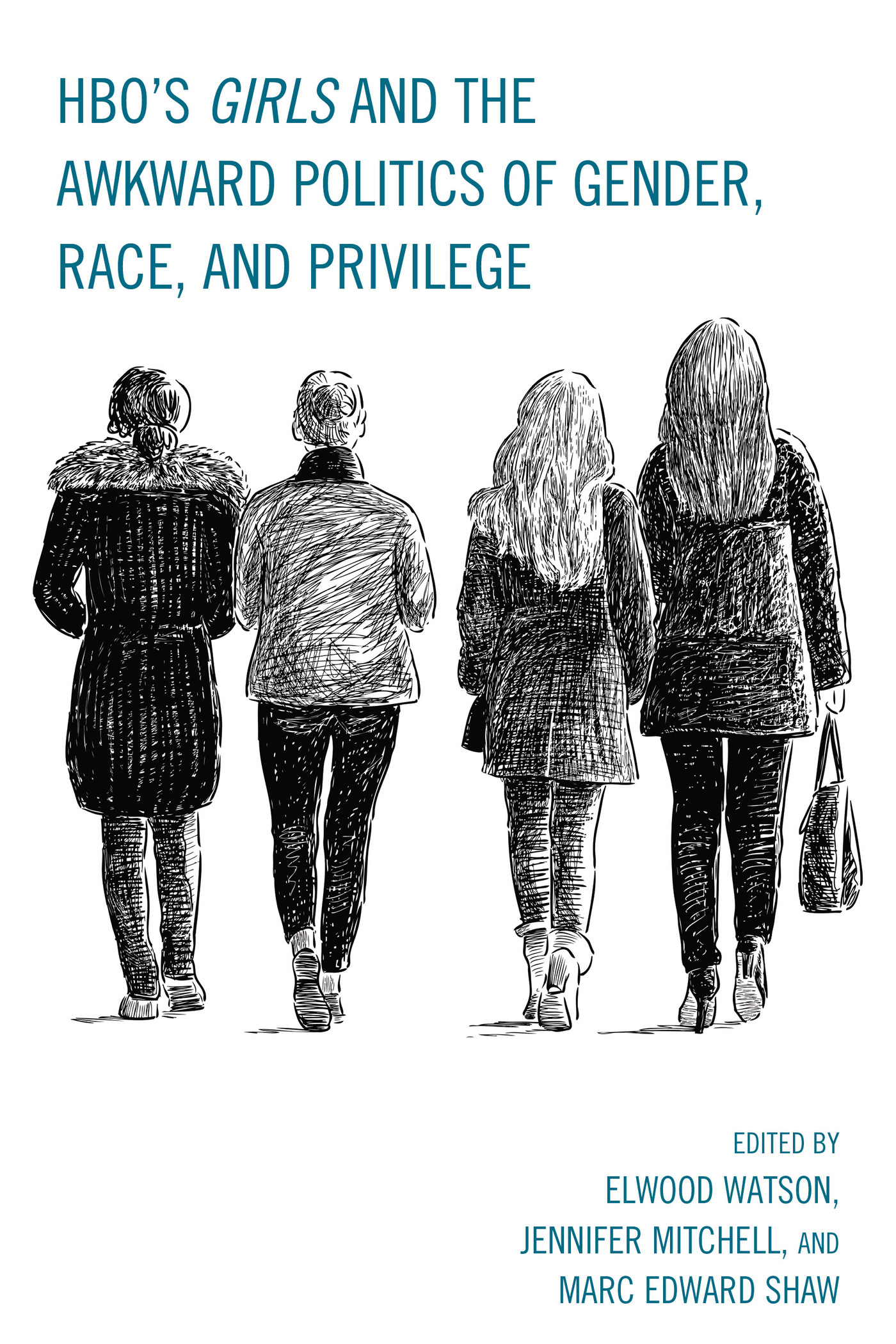HBOs Girls and the Awkward Politics
of Gender, Race, and Privilege
HBOs Girls and the Awkward Politics
of Gender, Race, and Privilege
Edited by Elwood Watson, Jennifer Mitchell, and Marc Edward Shaw
LEXINGTON BOOKS
Lanham Boulder New York London
Published by Lexington Books
An imprint of The Rowman & Littlefield Publishing Group, Inc.
4501 Forbes Boulevard, Suite 200, Lanham, Maryland 20706
www.rowman.com
Unit A, Whitacre Mews, 26-34 Stannary Street, London SE11 4AB
Copyright 2015 by Lexington Books
All rights reserved. No part of this book may be reproduced in any form or by any electronic or mechanical means, including information storage and retrieval systems, without written permission from the publisher, except by a reviewer who may quote passages in a review.
British Library Cataloguing in Publication Information Available
Library of Congress Cataloging-in-Publication Data
ISBN 978-1-4985-1261-9 (cloth : alk. paper)
ISBN 978-1-4985-1262-6 (electronic)
 TM The paper used in this publication meets the minimum requirements of American National Standard for Information Sciences Permanence of Paper for Printed Library Materials, ANSI/NISO Z39.48-1992.
TM The paper used in this publication meets the minimum requirements of American National Standard for Information Sciences Permanence of Paper for Printed Library Materials, ANSI/NISO Z39.48-1992.
Printed in the United States of America
Introduction
Reading Into Girls, Writing What We Read
Dear Readers, thank you for taking the time to focus on our collection. You bought the book or checked it out from the library; or maybe, like Hannah Horvaths first writing contract, you are taking the e-book route. As this collection goes to print, the fourth season has just completed. Lena Dunham and company wrote Hannah and company some exciting new chapters: Hannahs attending-then-leaving the Iowa Writers Workshop; her teaching English; Adams breaking-up-then-missing his relationship with her; Hannahs new man; Hannahs father seeking a man (Elijah read Tads homosexuality back in season 1). And thats just the first of the four Girls. Whats clear is that things stay the same and everything changes; and, the possibilities are endless for the future now. (We are personally lobbying for a spin-off series, Shoshanna! Shinjuku!)
Over the four seasons, Girls is often a program about writing and reading: discovering Hannahs personal diary writings, then reading them aloud at the Questionable Goods gig; writing an app to prevent ex-dialing; studying and applying Listen Ladies: A Tough Love Approach to The Tough Game of Love; attending a group reading to help your writing; hate-reading Listen Ladies: A Tough Love Approach to The Tough Game of Love; discovering Adams love of books; rediscovering Obsessive Compulsive Disorder because writing is hard (do not read that last sentence seven more times); taking cocaine to write about it; feeling like a sellout writing for GQ sponsors; having to attend the celebration after reading Leave Me Alone; reading too much online about medical issues; writing songs; reading Gawker and Jezebel to learn about an editors death (as editors we thought, an especially sick plot twist).
Our collection reads and writes about Girls too. Each of our writers reads Girls in a distinct way. Like you, we are viewers, fans, spectators; but, to rewrite an idea from Jill Dolans Feminist Spectator as Critic, we all read or spectate from our own distinct, subjective place in the living room. We might see things differently from our loveseats than you do from yours. In a seminal work about reading, reader response criticism to be precise, Hans Robert Jauss argues that:
In the triangle of author [Lena Dunham and company], work [Girls] and reading public [all of us] the latter is no passive part, no chain of mere reactions, but even history-making energy. The historical life of a literary work is unthinkable without the active participation of its audience. For it is only through the process of its communication that the work reaches the changing horizon of experience in a continuity in which the continual change occurs from simple reception to critical understanding, from passive to active reception, from recognized aesthetic norms to a new production which surpasses them.
Since Dunham channels novelist Gustave Flaubert in the pilot episode, it is fair for us to use literary critical terms here. In Jausss continuity we move with our collection from simple reception to active, critical understanding. This book tries to pinpoint how or how not Dunham and her collaborators surpass aesthetic norms into uncharted dramatic territory. How has Girls, in Jausss words, made a horizon change?
What makes Girls a divisive orto use the word in our titleawkward show? One answer might be that Dunham writes her world in the present without any strong alternative dramatic premise. Seeing Girls alongside others in the HBO program-scape, the young adults in Brooklyn have only each other as co-starsno dragons, Atlantic City bootleggers, angels, apocalyptic vanishings, or vampires to spice the narrative. And in placing Girls in a familiar naturalistic reality, Dunham opens herself to others responding, that is not my reality. The difference in realities predicates awkward truths. One other reason is that the Girls camera shows us explicit detail, not just in the sex scenes but in lingering longer or including moments that might make us uncomfortable: Hannahs parents have sex in the shower or Adam pees on Hannah. It is here that the comparison with Flaubert that Hannah makes in the pilot seems most fitting. When Flaubert went to trial for obscenity in Madame Bovary in 1857, according to Hans Robert Jauss, one issue that arose that changed his readers horizon of expectation was that Flauberts impersonal narrative form forces his readers not only to perceive things differently photographically exact according to the judgment of the timebut it also forced them into an alienating insecurity about their judgment. Readers of novels at that time were used to being told how to feel by the narrator, but Flaubert allowed a gap between the material and his audience. Dunham often forces us into a similar alienating insecurity about how we should feel about her characters.
The essays in this collection explore the awkward realities of Girls and evaluate why reviews have attacked its politics, lack of racial diversity, style, self-indulgence, lack of likable characters, complex representations of sex, and Dunhams own agenda, body, and writing. The show has spawned a cottage industry of op-ed pieces and academic conference panels about the work ethic, dating habits, sex lives, and other habits of older Millennials. Good, bad, brash, brave, racist, sexist, elitist, narcissistic, self-indulgent, immature, juvenile, groundbreaking, hipare a few of the terms aimed at the series. Such wide-ranging descriptions and perceptions of Girls are a testament to the shows significance. By sparking outrage and adoration, the show iterates its place in the history of pioneering popular culture. Regardless, Girls refuses to shy away from representing experiences and characters that viewers find unsettling. From the shows blatant whiteness to its willingness to allow frank sexual experience, there is always something controversial to discuss the next day.
And, like Hannah, we writers feel our own anxieties as we create. After all, so much has been written about
Next page
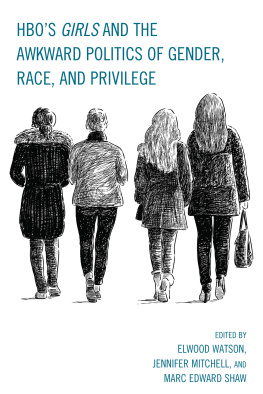
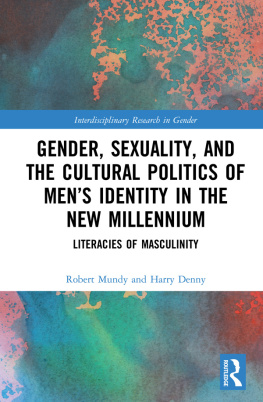
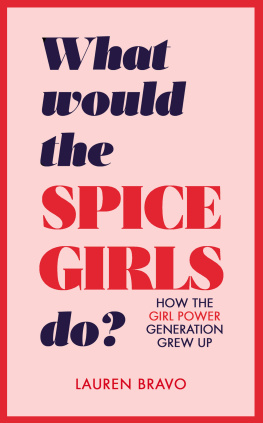
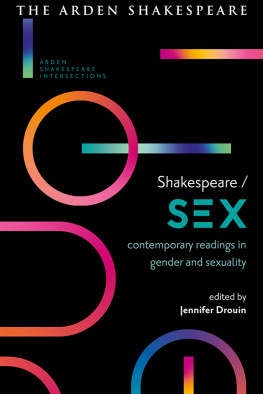
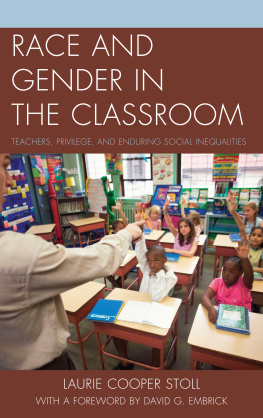
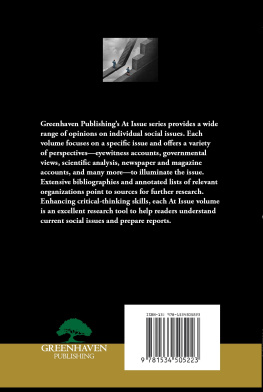

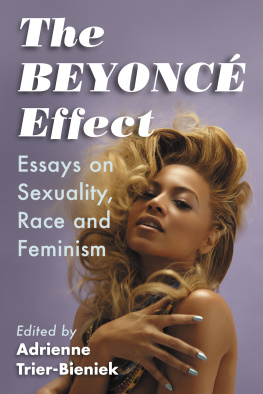
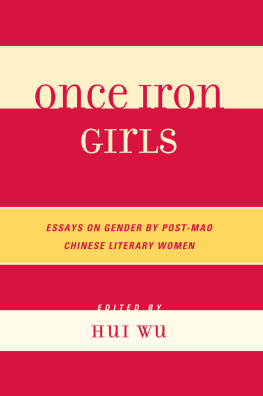
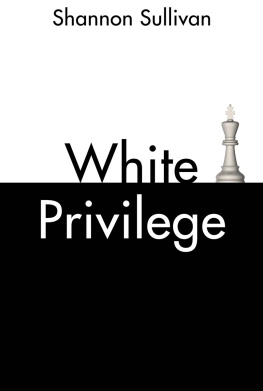
 TM The paper used in this publication meets the minimum requirements of American National Standard for Information Sciences Permanence of Paper for Printed Library Materials, ANSI/NISO Z39.48-1992.
TM The paper used in this publication meets the minimum requirements of American National Standard for Information Sciences Permanence of Paper for Printed Library Materials, ANSI/NISO Z39.48-1992.